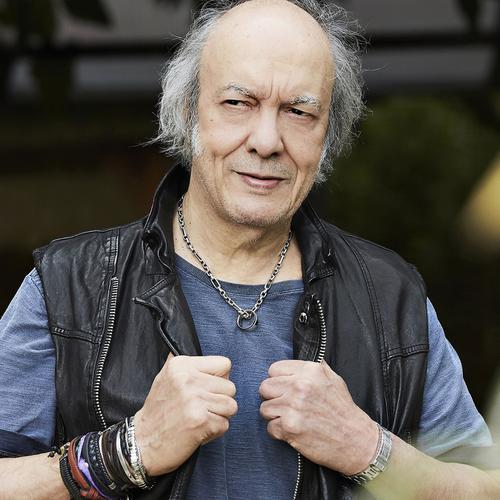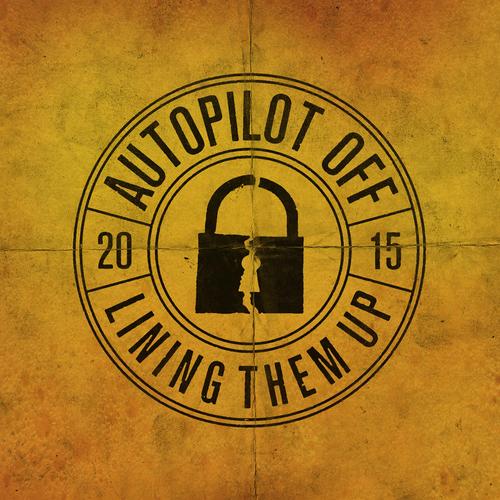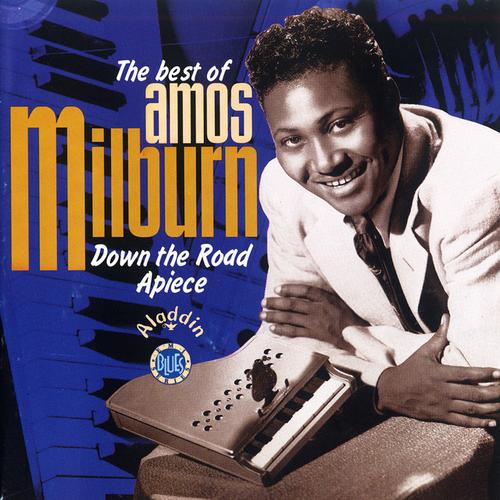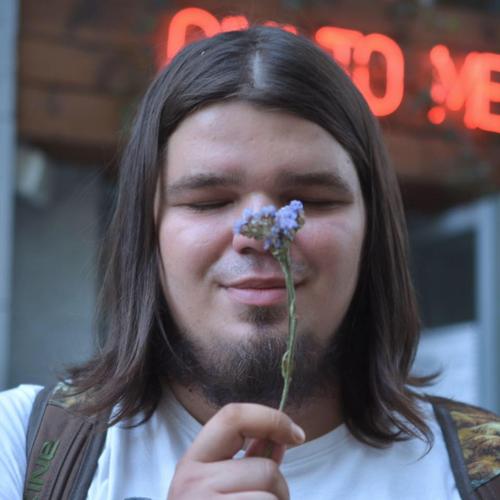
Rediscovering Erasmo Carlos: A Pillar of Brazilian Music
From his melodies that capture the essence of youth to the profound introspective tunes of maturity, Erasmo Carlos has journeyed through the colorful terrains of Brazilian music, leaving behind a trail of timeless songs and a legacy that beckons a closer look.
The Beginnings: The Jovem Guarda Movement
Born on June 5th, 1941, in Rio de Janeiro, Brazil, Erasmo Esteves, known artistically as Erasmo Carlos, dove into the music scene during the effervescent 1960s. A core member of the 'Jovem Guarda' or 'Young Guard', Erasmo emerged as a teen idol alongside contemporary greats like Roberto Carlos and Wanderléa.
Hitting the Brazilian airwaves, they crafted songs synonymous with the zeitgeist of the era, including chartbusters like "É Proibido Fumar," "Sentado à beira do caminho," and "Festa de Arromba." Whether on television or in glossy magazine spreads, Erasmo's face was emblematic of this new youth-centric musical wave.
The Evolution of Erasmo
Transitioning from the youthful pop-rock vibes, Erasmo Carlos evolved his artistry to produce poignant and contemplative records. The 1970s witnessed his musings grow deeper with albums such as Sonhos e Memórias and Carlos, Erasmo, expanding the contours of MPB (Música Popular Brasileira).
As Erasmo's soundscape matured, so did his audience's appreciation for his craftsmanship. Over the years, this singer, guitarist, and songwriter transcended his early rock 'n' roll roots to become a revered figure in Brazilian music history.
Preserving Erasmo's Legacy
Now, far removed from the bygone era of the 60s, the resonance of Erasmo's music can still be felt. Digital streaming platforms, such as TikTok Music, ensure that his contributions to the music world are preserved and celebrated.
Surrendering to the nostalgia of music's past, while engaging with its digital future, we find Erasmo's songs well ensconced within modern-day playlists, echoing the shifts in music distribution that bring us closer than ever to the heartbeat of Brazil's musical traditions.
In a time where screens dominate and trends come and go with the swiping of a finger, Erasmo Carlos stands as an enduring touchstone for quality, a testament to a life dedicated to the soulful articulation of human experience through music.



